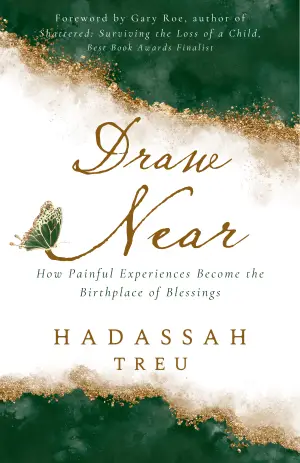A Journey Through the Wild West: Reflections on My Sixty Years on the Plains
As a lover of both history and adventure, My Sixty Years on the Plains: Trapping, Trading, and Indian Fighting by William Thomas Hamilton immediately caught my eye. There’s something so enticing about memoirs from figures who roamed the untamed landscapes of the American West. Hamilton, known as Wildcat Bill, presents a firsthand account of the raw and rugged life of a mountain man during a fascinating yet turbulent time in American history. As soon as I delved into the pages, I felt like I had been transported to a world where survival relied heavily on the whims of nature and the unpredictable dynamics between settlers and Native American tribes.
Hamilton’s memoir revolves around key themes of survival, relationship building, and the complexities of cultural interaction. Set in the mid-1800s, Hamilton paints a vivid portrait of his journey as a trapper, moving from the forests of Oregon to the expansive plains of Montana and beyond. His storytelling gives readers a ringside seat to his experiences—whether he’s mastering sign language to communicate with Native tribes or detailing encounters with bears and hostile Indian groups. I found myself enthralled by the authenticity and detail of his recollections, and even more so by the way he navigates the duality of conflict and camaraderie.
What struck me the most was Hamilton’s candidness. There’s an unflinching reflection on the violence that often characterized his interactions with local tribes, contrasting sharply with moments of genuine kinship with tribes like the Shoshones. One passage, where he mentions how he learned to scalp as a right of passage, both horrified and intrigued me. It’s a stark reminder of the brutal realities of frontier life—a life fraught with danger but also deeply imbued with a sense of adventure and survival. His ability to shift from a tone of harsh reality to a profound admiration for the land and its inhabitants is commendable.
In terms of writing style, I appreciated Hamilton’s straightforward prose—there’s no grandiloquent embellishment here, just the facts and experiences as he lived them. This simplicity makes the narrative accessible and easy to digest, even as it carries heavy historical weight. I was particularly captivated by his utilitarian observations about daily life—how he gathered food, established trading relationships, and defended himself against hostile forces. His straightforward storytelling brought alive the grit and resilience required to thrive in such an unforgiving environment.
As I read, I couldn’t help but relate to comments from other readers who found the book a genuine window into history. One reviewer mentioned how the book serves as an "excellent historical narrative of trappers," and I wholeheartedly agree. You get not just Hamilton’s experiences, but a glimpse into the heart of what it meant to be a mountain man during a transformative period in American history.
In conclusion, My Sixty Years on the Plains is a treasure trove for anyone curious about the gritty realities of the Wild West. This book is particularly suited for history buffs, outdoor enthusiasts, and anyone interested in the intricate relationships that were formed (and fractured) on the American frontier. For me, it was more than just an exploration of Hamilton’s life; it was a reminder of the complexity and beauty of the wilderness that continues to call out to those adventurous enough to respond. This memoir didn’t just enlighten me about the past—it rekindled a passion for the stories that shape our understanding of both history and humanity.
You can find My Sixty Years on the Plains: Trapping, Trading, and Indian Fighting here >>






